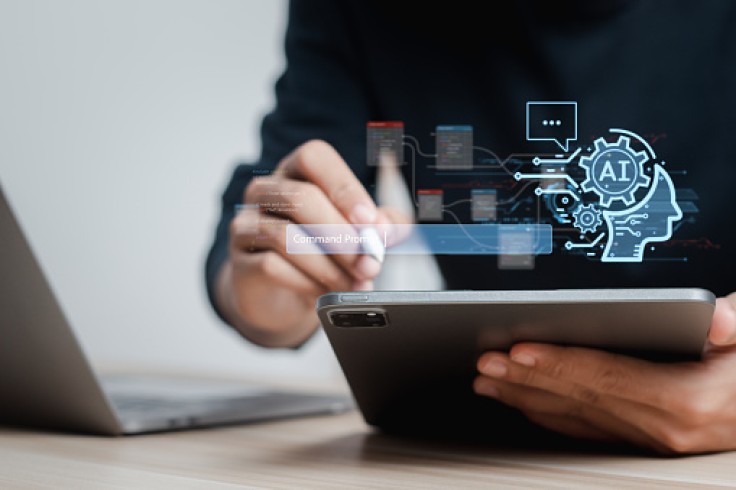Since AI is already making its way to several industries, it's time to question whether it harms or benefits certain sectors like academics. It has already been proven how it can make certain tasks easier, but it has also shown how harmful it can be when misused.

AI's Benefits to Education
In the many ways that AI can be useful in academia, one of the most important contributions would probably be the method of learning among students. With the help of AI, educators can curate the right curriculum depending on the needs of the students.
Certain chatbots are already capable of making plans for people such as meals for the day, vacation arrangements, and many more. There's no reason why this can't be applied to lesson plans as well, which will definitely help lighten the load of teachers.
AI can even be used to analyze students individually and more thoroughly, something that a sole educator for a certain subject might not be able to do with the current number of students. Through this method, the school would be able to determine which subjects students have difficulty learning.
Since AI is able to adapt to the current needs of its users as well, it can create a different experience for each student based on their current skill level so that all would be equally knowledgeable by the end of the curriculum.
With the help of generative AI, there are endless possibilities as to what kind of visual aids educators can create, which can help students understand a topic more since they will have a virtual representation. For instance, learning about landforms would be easier if they could be seen digitally in 3D.
At the very least, it can be used for management of staff as well such as scheduling or monitoring the facilities within the campus. The AI would automatically generate schedules in certain circumstances such as when a teacher calls in sick and a substitute is needed right away.
How AI Can Be Harmful in Education
Even though we have come a long way in AI despite the AI boom not being too long ago, there are still a couple of kinks that need to be ironed out. Those small flaws can easily affect how AI might function in an environment where students need to learn facts.
For example, there are still times when generative AI would hallucinate responses, meaning that the information it provides is made up. This could worsen misinformation that already is a growing problem even without AI.
There's also the possibility of misuse among students. Educators are already aware that some students use chatbots like ChatGPT to do their homework for them. This could create a culture of falsifying works or becoming too dependent on AI technology.
Of course, AI detectors already exist for both text and images, but it's as easy as changing a few words in the essay to make it seem like a human wrote it. Possibly one of the worst things it could do is eventually replace human educators, and students will miss the human-to-human experience of teaching and learning.









